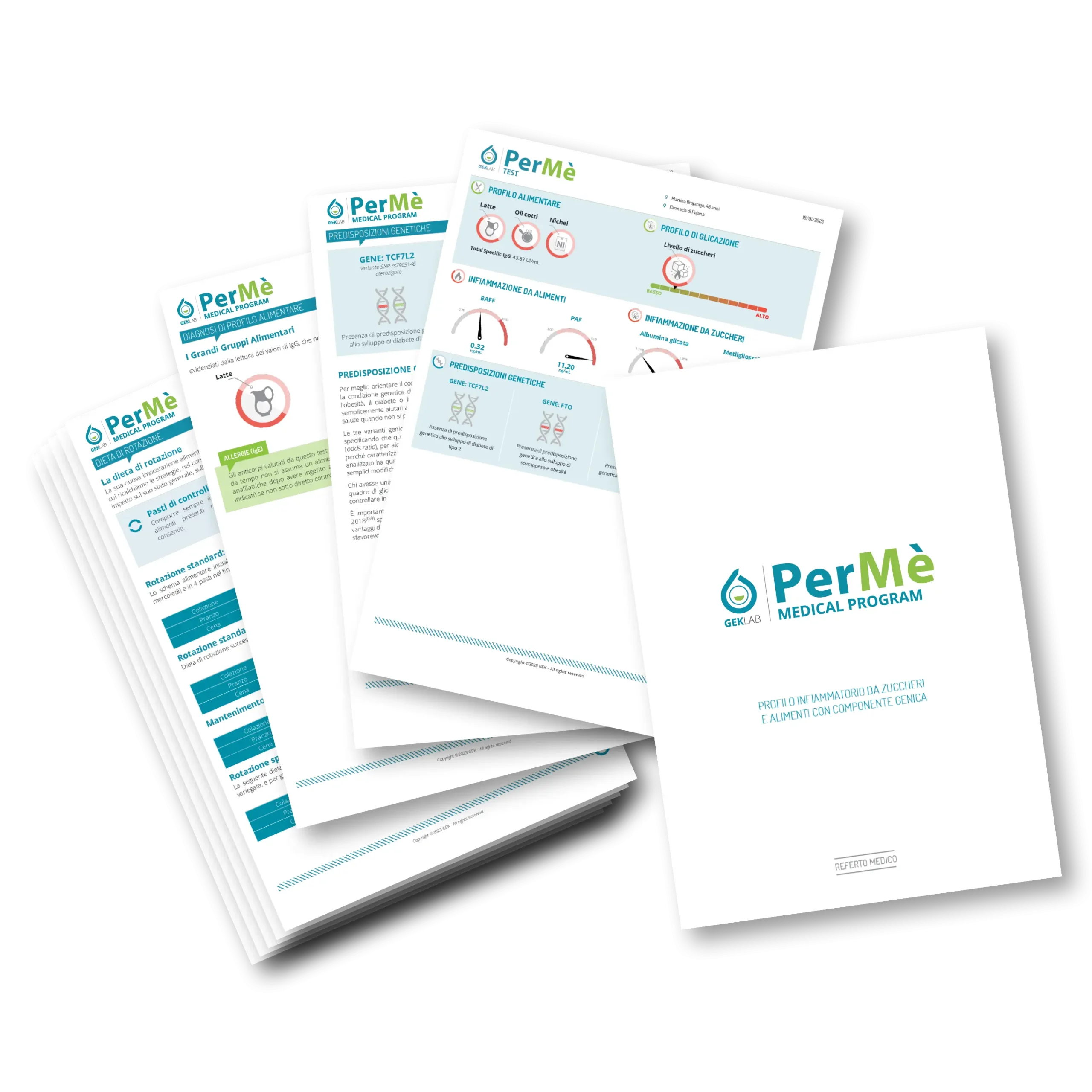Fibromyalgia
Tackle Inflammation to relieve Symptoms
Do you suffer from muscle pain, fatigue, and widespread sensitivity? Fibromyalgia is a complex condition, but addressing low-grade chronic inflammation can significantly improve symptoms and quality of life.

- A chronic condition characterized by widespread muscle pain, fatigue, sleep disturbances, morning stiffness, and cognitive difficulties.
- It varies greatly from person to person: the intensity, location of pain, and associated symptoms can differ.
- It often overlaps with other conditions, such as arthritis, musculoskeletal disorders, chronic fatigue syndrome, and more
- Silent inflammation: Chronic inflammation that alters pain perception and nervous system response.
- Metabolic imbalances: Excess sugars and metabolic disruptions worsen muscle and joint sensitivity.
- Abnormal immune activation: Past infections or food reactions can sustain a constant inflammatory state.
- Stress and sleep disturbances: They reduce the body’s ability to recover and amplify pain.
Address inflammation with the PerMé Medical Program

Simple test, clear results
- The level of the body’s inflammatory state related to foods (BAFF and PAF). Recent studies have shown a correlation between dietary inflammation and the intensity of muscle pain.
- Excessive exposure to specific food classes (IgG), to identify which foods should be regulated in the diet.
- Inflammatory state related to sugars (Methylglyoxal).
- Early sugar-related damage (Glycated Albumin)
- If you are consuming an excess of sugars and certain classes of foods
- if this excess is responsible for a latent inflammatory state
- How and to what extent to limit sugars, and how to rotate foods that cause latent inflammation in a controlled way throughout your week.
- Reduction of widespread muscle pain
- Improved energy, vitality, and resistance to fatigue
- Better sleep quality
- Decreased systemic inflammation
- Improved metabolic, immune, and hormonal balance
- If the latent inflammatory state may also be linked to other symptoms (difficulty losing weight, recurrent headaches)
- If you are genetically predisposed to autoimmune diseases, diabetes, obesity, or fatty liver disease







How does it work in practice?
Fill out the form and you will conveniently receive your personal kit at home, with everything you need to perform the test
The kit contains a clear, illustrated guide. The sample collection is simple, quick, and non-invasive: it only takes a few minutes
In the package, you will find a prepaid envelope for free sample pickup. We take care of everything.
In about 7 days, you will receive a complete medical report by email, highlighting the food groups that contribute to inflammation. Along with the report, you will also receive personalized dietary advice to improve your diet and address the symptoms.

Frequently Asked Questions
Yes. The test was developed by GEK Lab and is performed in their own laboratory. It is based on innovative and clinically validated markers, selected from the most recent scientific evidence. The test does not merely detect generic antibodies but measures the individual inflammatory response to specific food groups, providing a much more accurate and useful analysis for those suffering from chronic disorders such as arthritis. The Recaller Medical Program is currently used by doctors and nutritionists throughout Italy to personalize dietary therapies with a scientific, safe, and validated approach.
No, a medical prescription is not required.
The test can be ordered directly online and will be conveniently delivered to your home, along with all the instructions to collect the sample easily and safely.
However, if you are under the care of a doctor or nutritionist, you can share the test results with them to integrate the data into your treatment plan.
The report is clear, detailed, and designed for clinical use as well
Yes. Although it is not an acute inflammation, many patients show a “silent” inflammation that contributes to chronic pain and fatigue. Certain foods can amplify inflammation and the immune response. Identifying the problematic ones and adjusting the diet can significantly reduce symptoms.
No, it is complementary. It acts on the underlying biological causes (inflammation, glycation, immune imbalances) and can enhance the effectiveness of the therapies prescribed by the rheumatologist or primary care physician.





